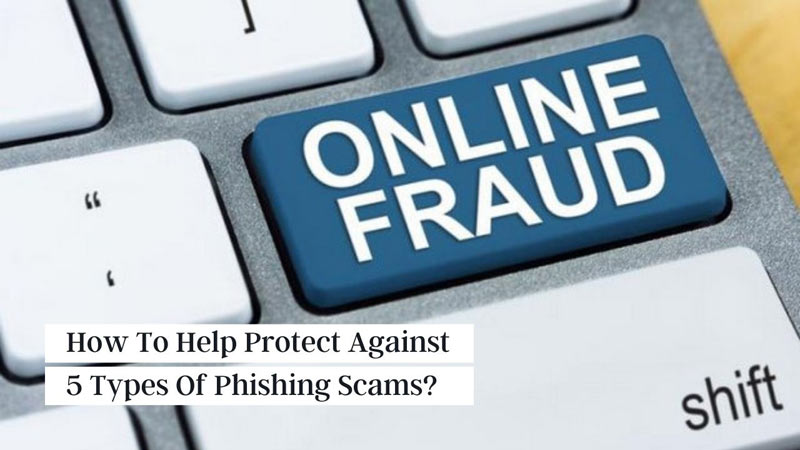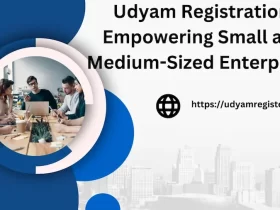The incorporation of telecommunication and advanced technology in the banking sector has made conducting financial transactions more convenient, but at the same time, it has also led to an increase in online frauds like phishing.
Hackers use several channels, including texts, emails, social media, and phone calls, to steal sensitive data from unsuspecting individuals. Hence, to prevent monetary loss in such events, one should know phishing meaning, common ways of carrying out such attacks, and preventive measures.
What is phishing?
In simple terms, phishing refers to a type of online fraud where cybercriminals imitate legitimate corporations and then steal sensitive data from unsuspecting individuals using different means of communication.
Scammers can use malicious links, spoof websites, emails, and instant messages to coax individuals and companies into revealing confidential information like user IDs, passwords, and even OTPs.
To alleviate the damage, safeguards like an identity assure plan may prove useful if someone falls prey to such a scam.
5 Common types of phishing and how to protect against them
Since phishing scams are designed to appear as if they come from legitimate sources, differentiating the real and fake messages is of utmost importance.
With phishing meaning out of the way, take a look at the common types of phishing scams and ways to prevent them below.
- Phishing through email
A hacker will use an email chain to gather personal data from the recipient illegally. The email usually includes a link to a fraudulent website that mimics a real business. This can encourage people into filling survey forms asking for sensitive information.
Here’s how to prevent email phishing scams –
- Individuals should avoid clicking any unsolicited links attached in an email.
- They should pay attention to the email address and company logo to find small discrepancies here and there.
- Maintain extreme care when using online payment methods.
If you have an insurance policy like Wallet Care cover available under Bajaj Finserv Pocket Insurance & Subscriptions, you can block all your cards covered under it with just one phone call as soon as you detect unauthorised transactions. Also, it extends complementary fraud protection cover to account for financial loss arising due to such scams r.
- Vishing
In vishing, the scam is carried out over call wherein, fraudsters impersonate legitimate organisations like their financier. Individuals are tricked into revealing sensitive information like username-password combinations, etc.
Tips to prevent this VoIP-based phishing –
- Never share personal information over calls.
- Verify with the financier directly before divulging any information to anyone.
To prevent incurring significant losses due to stolen financial information, individuals can opt for a cyber security cover. Such a plan safeguards you from financial losses due to unauthorised transactions from the registered account.
- Fake search results
Fraudulent companies can use paid ads space on search engines to dupe customers into downloading malware on their computers. Such ads mimicking real organisations promise over-the-top offers to lure customers into filling out a survey form, clicking on links, etc.
To avoid this phishing scam –
- Examine the search result URL closely to identify discrepancies in spelling or detailing.
- Install an antivirus program.
- Tech support cold call
In this type of fraud, scammers call claiming to be part of a reliable security company. Cybercriminals may say that they found certain security flaws that require immediate attention and then use this opportunity to infect their system with malware.
To prevent this –
- Verify the credentials of the tech-support person and request a call-back after some time.
- Never allow remote access to your computer.
- Popup warnings
While most popups are harmless, some cyber criminals use intrusive popup warnings to dupe their victims. Usually, popup claims to remove a hidden virus with one click but in turn, are responsible for infecting the device.
Avoid this scam in these ways –
- Do not click on popup solutions without reading the message. Small details like bad grammar and other links can be an indicator of a fraudulent message.
- Use ad-blockers and anti-trackers.
In case an individual has been a victim of any of the aforementioned scams, he/she should contact the financier at once to stop unauthorised transactions. Also, becoming aware of phishing meaning and its preventive measures can help prevent financial losses.











Leave a Reply